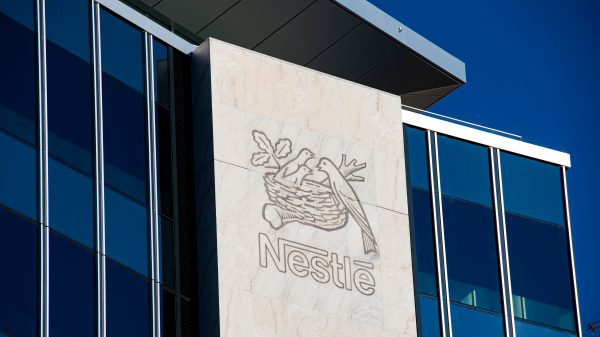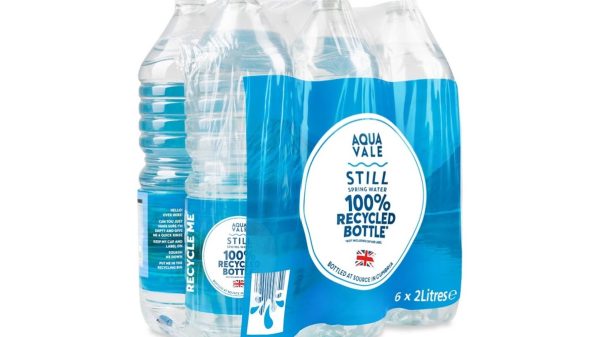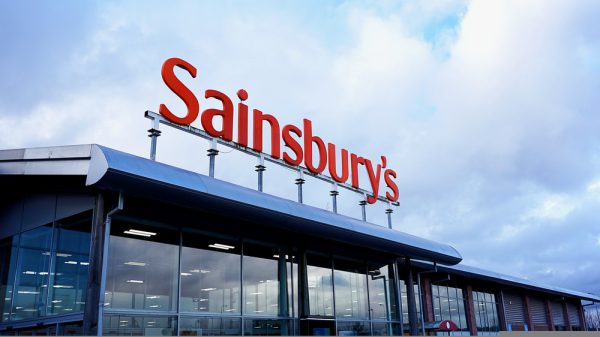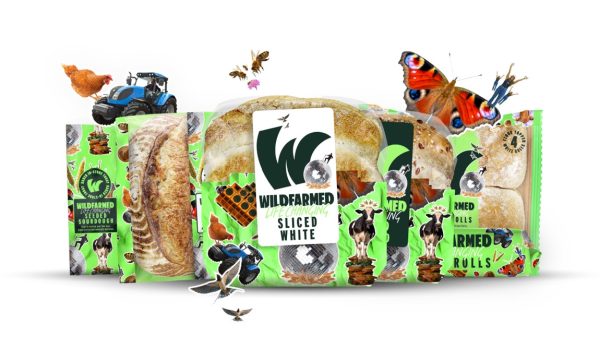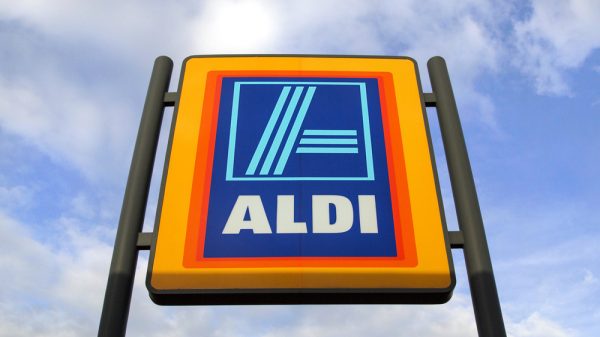Once upon a time, giant supermarkets dominated the market, acting as a one-stop-shop for everything but the kitchen sink. However, in recent years, their popularity declined as smaller ‘city safe’ versions of the stores opened, consumer shopping habits began to change and the ‘big weekly shop’ fell out of favour.
Additionally, the recent uprising of discounters, online retail and rapid grocers has left the larger superstores facing stiff competition for customers.
Partnering with other recognisable brands and retailers gives these grocery giants a new way to engage with the market and bring themselves back onto the grocery radar. Supermarkets can rent out excess floor space, while concessions benefit from increased footfall and a captive audience. Its the perfect agreement for both parties.
And for consumers battling to fit it all in and maximise their weekly shop, the appeal of being able to grab a coffee with a friend, have lunch and – yes, even pick up a new furniture set for the garden – all in one place is also undeniable.
READ MORE: Tesco partners with Homebase for store-in-store
Why concessions?
Talking to Grocery Gazette, IGD’s senior business analyst Nick Gladding voiced supermarket benefits: “The key attractions concessions offer retailers are the additional footfall and rental income they provide.
“They can also play an important role in boosting store profitability at a time when we’re seeing an increase in online shopping.”
Additionally, a concession that has picked up in popularity can attract new customer groups to the ‘parent’ retailer that might be more open to impulse purchases and are less price-sensitive.
“The key to a good concessions strategy is to really understand your shopper demographic and the nuances of your local catchment area – who is coming through your doors, what are their spending priorities and where else do they regularly shop,” Kantar business unit director Simon Quirk said.
“That will help supermarkets identify the right partnerships that will complement their brands and product range.”
Food and retail concessions
One category for supermarket concessions that’s been increasingly popular over the last couple of years has been food and drink.
Over the last year, we’ve seen the Big 4 grocers all establish partnerships with popular British food and drink retailers such as Costa Coffee, Starbucks, Pret A Manger, Leon, Gourmet Burger Kitchen and many more.
In Sainsbury’s case, the supermarket recently closed down 200 of its cafes, putting thousands of employees’ jobs at risk in favour of bringing in big branded coffee shops such as Starbucks and Caffè Carluccio’s.
The move brought about heaps of backlash on social media and from trade unions. Usdaw described it as “devastating news” for all members affected by the grocer’s proposals.
Sainsbury’s chief executive Simon Roberts claimed this move “can offer customers a much better eat-in and takeaway experience working with partners,” but is that true?
READ MORE: M&S extends partnership with Costa Coffee
The partnerships don’t necessarily guarantee customers a ‘better’ experience but, the shoppers know exactly what they are getting when they dine with these popular food retailers. A customer is more likely to fork out £3 for a latte at Starbucks because it’s a familiar chain they are for a supermarket-branded coffee.
NielsenIQ head of retailer and business insight Mike Watkins also highlighted how the pandemic brought about lifestyle changes, a few of which are set to stay. One of which is the blurring of the trade channels of grocery shopping, food-to-go and HoReCa, a sector in the food industry that prepares and serves food and drink.
Watkins said: “Retail stores are going to need to be re-imagined. This means that capturing a bigger slice of out of home or away from home consumption is key for supermarkets.”
Kantar’s business unit director Simon Quirk pointed out that supermarkets shifting toward popular brands for their in-store food and drinks section is eerily similar to trends seen before the 2008 financial crisis.
He emphasises that this is not to say we are en route to another crash, but it accentuates the fragility of the market right now. Record-breaking Inflation, Brexit and other factors have severely impacted supply chains, further exacerbated by the crises in Ukraine. It’s no surprise supermarkets would decide to fall towards the safety net that big food and drink retailers provide.
Homeware, garden and DIY
Food and drink might be the concession of choice, however, supermarkets are always looking for the next big trend to hop on to take advantage of the retail market.
READ MORE: Starbucks reduces sale of Fairtrade coffee in the UK
“There are some specific markets where we’re seeing ongoing, strong growth that grocers can tap into and that’s mainly in homeware, garden and DIY,” Kantar’s Simon Quirk said.
Not only is spring just around the corner, marking the start of a great gardening season, but a big lockdown trend in homeware, garden and DIY came up as UK consumers looked for new hobbies to entertain themselves while stuck inside their homes.
“Sales have come down a bit since the peak they hit during the height of the pandemic, but there has been a permanent shift in this market as people are now willing to dedicate more of their disposable income to their homes – probably because we’re still spending a lot more time in them than we did pre-2020.”
Earlier this month, Tesco took advantage of this by partnering up with home and garden retailer Homebase to open three in-store concessions across the country.
Talking to Tesco about the advantages of supermarket concessions, its corporate communications manager Michael Jarvis said: “We are always looking for ways to improve the shopping experience for customers and we believe in-store partnerships with other brands can enhance what we are able to offer.”
Although not the first to partner with a homeware store – that title goes to Asda and its tie-up with B&Q. This initiative demonstrates Tesco’s increased focus on securing new partnerships for its largest stores as the supermarket already has tie-ups with non-food retailers including AO.com, Decathlon and Next.
“The beauty with categories like home and garden is that they expand your range beyond your FMCG offer and add to dwell time in-store,” Quirk added.
Supermarket concessions are proving to be a successful method for repurposing large supermarket sites, making them a more appealing destination. These tie-ups not only soak up excess floor space as grocers start to downsize, but they also provide more of a reason to visit.
The pandemic brought about lifestyle changes that are set to stay, so it’s up to the supermarkets to be innovative and creative with ideas on how to breathe new life into their outdated superstores. It would appear that even the kitchen sink is no problem these days.
Click here to sign up to Grocery Gazette’s free daily email newsletter



